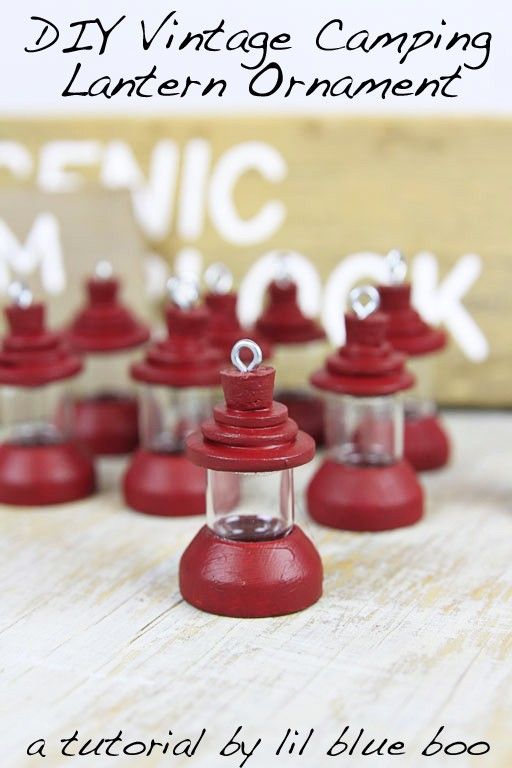A Jar Contains 10 Red Marbles And 30 Blue Marbles

If you reach in the jar and pull out 2 marbles at random at the same time find the probability that both are red 17 total marbles the 1st pick is 5 17 then 2nd is 4 16 the product is 5 68 makes no difference if you take 2 at a time or 2 different choices without.
A jar contains 10 red marbles and 30 blue marbles. If you reach in the jar and pull out 2 marbles at random find the probability that both are red. A jar contains 10 red marbles and 30 blue marbles. Two marbles are drawn without replacement from a jar containing 4 black and 6 white marbles. A jar contains 4 black marbles and 3 red marbles.
A jar contains 8 red marbles numbered 1 to 8 and 10 blue marbles numbered 1 to 10. A jar contains 10 red marbles and 30 blue marbles. Add your answer and earn points. A random sample without replacement of n 3 is deleted from the jar.
The information shows that a jar contains 10 red marbles and 30 blue marbles. A the marble is red b the marble is red or odd numbered c the marble is blue and even numbered answer by ikleyn 33701 show source. Probability examples a jar contains 30 red marbles 12 yellow marbles 8 green marbles and 5 blue marbles what is the probability that you draw and replace marbles 3 times and you get no red marbles. There are 55 marbles 25 of which are not red p getting a color other than red p 25 55 455 probability of this happening 3 times in a row is.
Find the probability of the given event. Suppose a jar contains 5 red marbles and 12 blue marbles. A the marble is red b the marble is odd numbered c the marble is red or odd numbered d the marble is blue and even numbered. What is the probability of randomly selecting a red marble from the jar.
Two marbles are drawn without replacement. 1 see answer taytaysmith4553 is waiting for your help. The formula for calculating the probability is probability number of favourable outcomes total outcomes. Find the probability of the given event.
A draw the tree diagram for the experiment. B find probabilities for p bb p br p rb p ww p at least one red p exactly one red 3. If the first two marbles are both blue what is the probability the third marble will be red. A random sample of n 3 marbles is selected from the jar.
A jar contains 10 red marbles and 30 blue marbles. A marble is drawn at random from the jar. A marble is drawn at random from the jar. A jar contains 12 red marbles numbered 1 to 12 and 6 blue marbles numbered 1 to 6.
















































